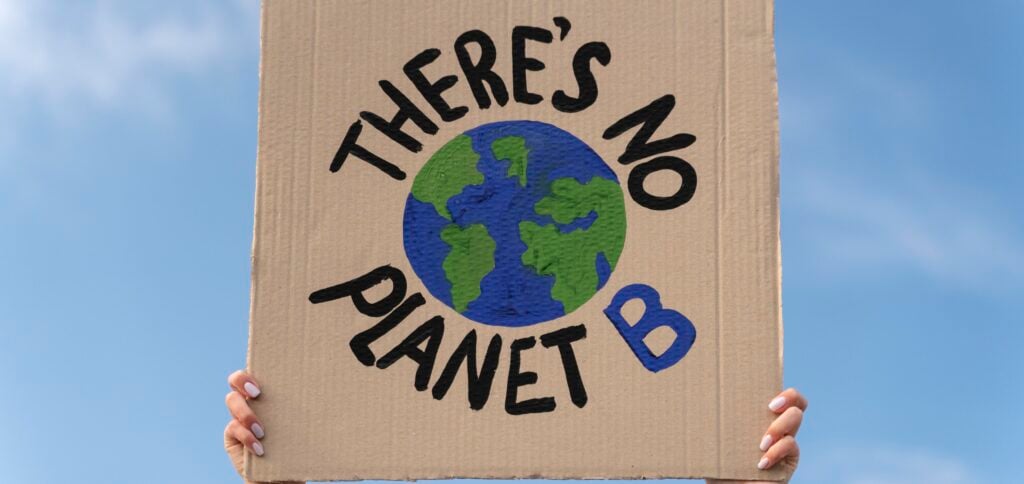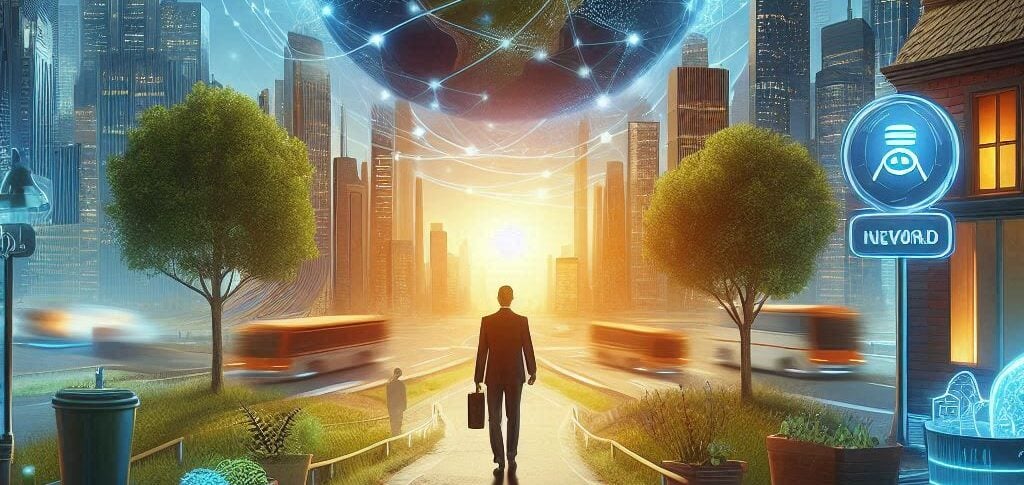Today, humanity will have exhausted all the meat, fish, cereals and forests that the planet can produce and renew in a year. In the months that follow, our population of 8 billion will deplete non-renewable resources on credit, producing waste – mainly CO2 emissions – that cannot be managed properly. This situation has serious consequences for the environment, the climate and our future.
ADVERTISING
🌍 2 August is Earth Overshoot Day, the day we have used up what the Earth can provide for 2023.
— Greenpeace International (@Greenpeace) August 1
💰 We still have a chance to change the broken economic system that puts profit and overconsumption before people and nature.
Let's end the overshoot. pic.twitter.com/W30yb6XILR
Humanity's ecological deficit since 1971
Since the beginning of the 1970s, humanity has been experiencing an ecological deficit, according to calculations by the American think-tank Global Footprint Network (GFN). The research organization that measures the ecological footprint of human activities in the world, that is, the impact we leave here, publishes an annual report “Earth Overshoot Day” based on data from the United Nations.
This global “Earth Overshoot Day” fell on December 25, 1971, then September 26, 1999. Six years later, in 2005, it jumped to August 27. From year to year, except during the Covid-19 pandemic, this date is gradually brought forward, impacting reserves for future generations.
Although these carbon footprint-based calculations face criticism from scientists, many countries have taken them seriously, recognizing them as an effective tool for publicizing excessive consumption.
ADVERTISING
How is the ecological footprint calculated?
It takes into account the amount of land and the biologically productive maritime area necessary to produce all the resources that a population consumes and also to absorb their waste. To maintain the current global pace of production and consumption, humanity demands 75% more natural resources than the planet's ecosystems can regenerate over the course of a year. In other words, we are extrapolating the Earth's biocapacity.
The difference between the planet's capacity for regeneration and human consumption generates a negative ecological balance which has been accumulating since the 1970s, when GFN began measuring the ecological footprint. Historically, we have been in the red for a long time — but this debt has been growing and being contracted earlier and earlier.
Top 10 resource consuming countries
Which countries consume their own resources the fastest? In 2023, Qatar exhausted its resources in just 41 days (10 February), ahead of Luxembourg (February 14), Canada, the United Arab Emirates and the United States (March 13). Next come Australia (March 23), Belgium (March 26), Denmark (March 28), Finland (March 31) and South Korea (April 2).
ADVERTISING
In 2023, the ten countries with the latest 'Overload Days' are typically low consumption due to poverty, resource wealth, or both. They include Benin (26 December), South Sudan (25 December), Mali (21 December), Jamaica (20 December), Chad (16 December), Myanmar (15 December), Ecuador (6 December December), Indonesia (3 December), Papua New Guinea (2 December) and Morocco (26 November).
Reducing your footprint — and debt
A greater commitment from countries, followed by concrete actions from governments, would significantly help to slow the growth of the ecological footprint and, eventually, contribute to its mitigation, reducing pressure on the Planet. The Global Footprint Network highlights that it is possible to increase resource security in priority areas, where viable and scalable solutions already exist, such as energy and emissions, food, cities and population, just to name a few.
According to GFN, if “Overload Day” was reduced by five days per year by 2050, the planet's resources would be sufficient for human consumption.
ADVERTISING
Read also
* The text of this article was partially generated by artificial intelligence tools, state-of-the-art language models that assist in the preparation, review, translation and summarization of texts. Text entries were created by the Curto News and responses from AI tools were used to improve the final content.
It is important to highlight that AI tools are just tools, and the final responsibility for the published content lies with the Curto News. By using these tools responsibly and ethically, our objective is to expand communication possibilities and democratize access to quality information. 🤖




